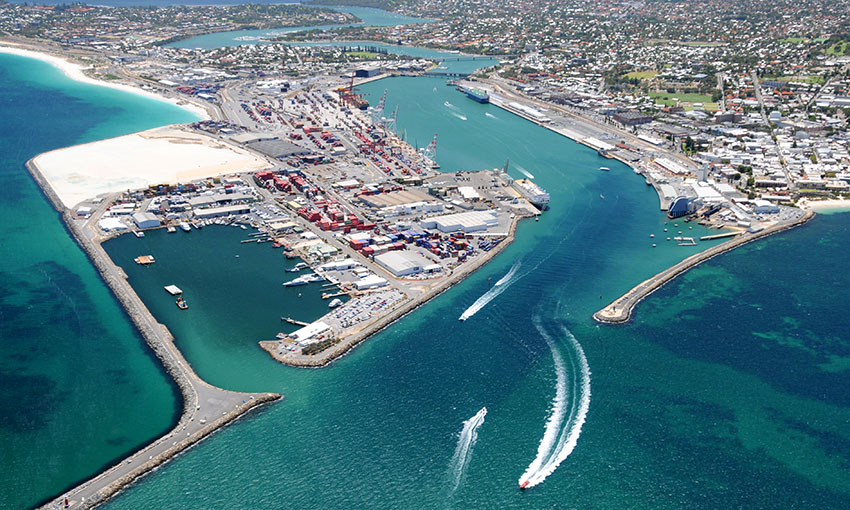THE recent waterfront industrial action experienced in Fremantle caused disruption to local supply chains with cargo requiring to be re-located to alternative ports for both export and import.
The costs associated with the re-direction/forwarding of cargo and/or re-shipping on alternative shipping lines have been, in some cases, considerable and we have received a number of enquiries from our freight forwarding clients on how these costs should be treated and what the insurance options are.
Who should be responsible for these additional freight, transport, storage and handling costs?
We have seen some shipping lines seeking to rely on the terms of the bill of lading (liberty clause) to either load or discharge cargo at alternative ports, leaving the forwarder and cargo interests to deal with the problem of re-location. Shipping lines may also try to impose additional freight costs on the shipper/consignee under the liberty clause if cargo cannot be handled in Fremantle as planned. The same position may also apply to non-vessel owning common carrier issuing house bills of lading.
In cases where the freight forwarder has acted as an agent only, the forwarder’s standard trading conditions may well protect them and give them the right to claim these additional costs back from their shippers/customers – unless the forwarder has acted negligently or acted outside its authority. For commercial reasons, many forwarders are understandably reluctant to pass these additional costs on to their valued customers.
Options for companies with cargo interests
Although there are complex legal issues and commercial influences at play here, it is likely that responsibility for these additional costs will ultimately rest with shippers and cargo interests.
Cargo interests may be able to claim costs back under their cargo insurance policies. An extension often found in cargo insurance policies allows for these additional unforeseen costs to be reimbursed. Normally labelled as “Strikes Diversion Costs” and/or “Onforwarding Charges Clause”, this cover will allow cargo interests to claim some of these costs back and help diffuse difficult commercial situations.
However, it may be timely to review with your insurance broker both whether you currently have this extension, and if so, the adequacy of cover limits provided. Limits which may be adequate for the east coast of Australia, with alternative port options, may prove insufficient if diverting cargo from WA ports depending upon the cargo, due to the potential distances involved.
It is beneficial for cargo interests to understand what existing level of protection their own insurance policy provides with respect to the Fremantle disruption and any similar circumstances in the future.





